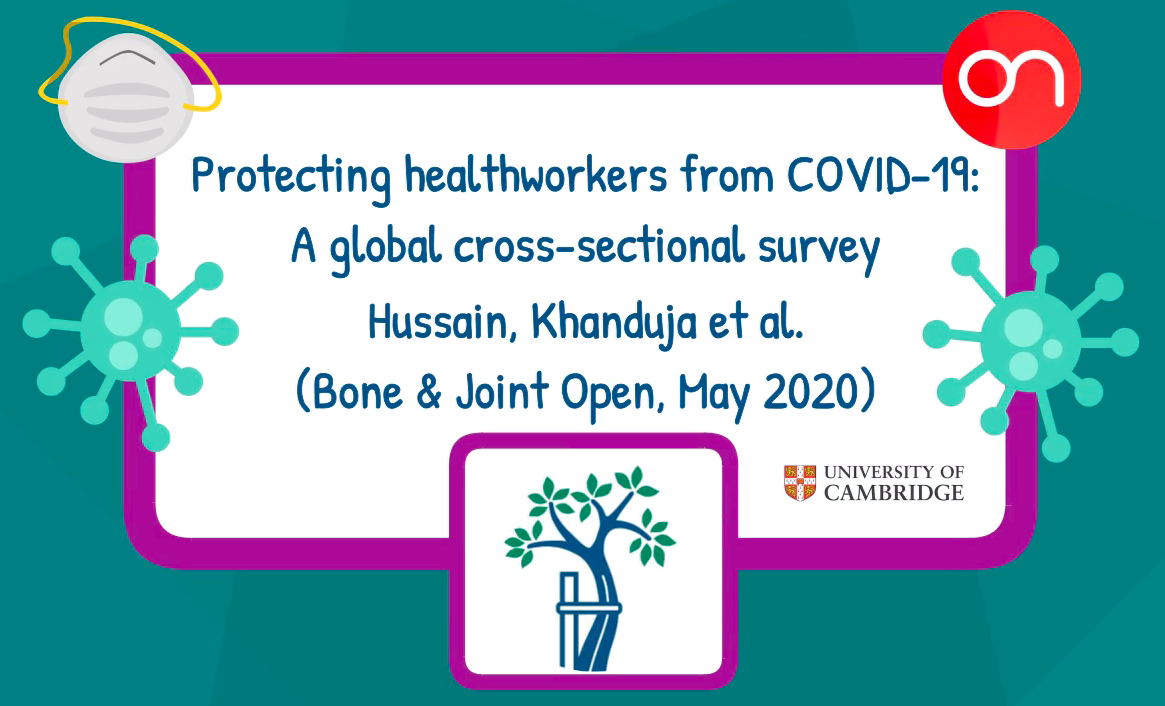In early 2020, a novel coronavirus rapidly spread out of China to the rest of the world.1 The World Health Organization (WHO) declared coronavirus disease 2019 (COVID- 19), secondary to severe acute respiratory personal protective equipment (PPE), bed space, and ventilators in intensive care units (ICUs) relatively early in the pandemic.5
With health systems reliant on an adequate workforce, it is paramount to protect HCWs by minimizing their risk of contracting COVID-19 through work. There is a dual benefit to protecting HCWs from developing COVID- 19: to minimize the number of HCWs that are unable to work (due to sickness, self-isolation, or quarantine), and to minimize transmission of the virus to the vulnerable patients for whom they care. HCWs may be exposed to many patients positive for COVID-19 who likely display more severe features, and consequently longer virus- shedding periods.6 This puts HCWs at greater risk than those infected through community transmission.
Performing surgical procedures (both elective and emergency) present a number of unique challenges during the COVID-19 pandemic. The disposable PPE equipment (hat, mask, gown, visor, and gloves) used during surgical procedures, reduces the supply available for workers in direct contact with infected patients.7 Operating rooms (ORs) have positive pressure air filtration systems that push high volumes of air out of the OR. When a patient or HCW with COVID-19 is in the OR, they have a greater chance of dispersing the virus.8 Many interventions in surgery generate aerosols, including the use of power tools.9,10 These aerosols have a potential to disperse a high viral load to HCWs.11 Additionally, some patients undergo non-urgent elective procedures requiring routine postoperative inpatient stays, putting them at risk of cross-contamination in a hospital with other patients carrying COVID-19.
The below mentioned study aims to identify differences in practice and policy in surgery in the context of the COVID-19 pandemic to inform debate and policy development and contribute towards international consensus :



Leave A Comment